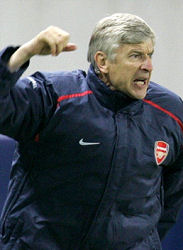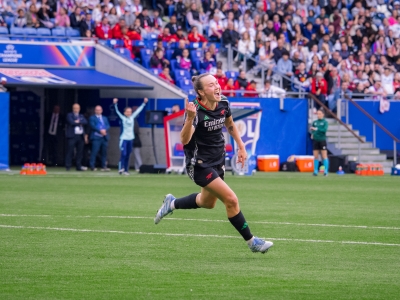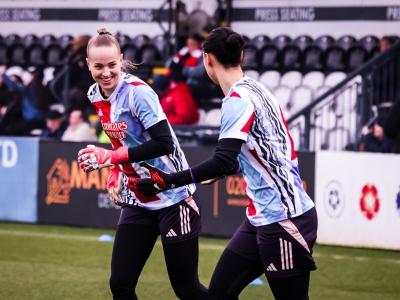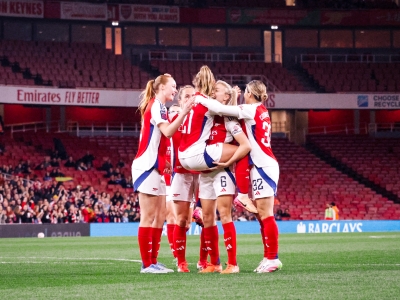When Portugal won the World Youth Championship in 1989 and then again in 1991 the Portuguese press were quick to dub the collection of young players that had emerged simultaneously as the ‘Golden Generation’. Among them were: Figo, Rui Costa, Sa Pinto, Pauleta, and Paulo Sousa. Some fifteen years later and with a home defeat in the 2004 final to Otto Rehhagel’s dour but wily Greeks following fractious exits in 2000 and 2002, that ‘generation’ was left empty handed and rendered extinct. Yes, it is extremely difficult to win an international tournament, but there was no doubt to those who witnessed the rise of Figo et al that this was something within their reach.
There are many other examples, from the Hungarians of the 1950’s to the West Ham production line of the late 90’s and its national equivalent, the lamented ‘Golden Generation’ of Beckham, Ferdinand, Owen, Gerrard etc that were exalted in a storm of hyperbole to conquer the World in 2002, then Europe in 2004, and the World again in 2006 before each time anaemically exiting under a miasma of manufactured outrage that did little to conceal their inherent technical weaknesses.
This time last year Arsenal stood 5th in the Premiership with 40 points. This season it is 4th with 45. Whilst the gap between the top has shortened from 23 to 12 points and while questions remain about United’s ability to sustain their momentum, it still seems highly improbable that the first season at the Grove will end with the Premiership’s standard flying high above it. Moreover, the narrowing of the gap is misleading as United are six points worse off than were the leaders Chelsea in 2006.
But don’t worry about that. Kevin McCarra says that Arsenal is the team with ‘the greatest potential in England’; George Graham ‘the most promising group of young players I’ve ever seen’; Glenn Hoddle ‘Arsenal will be Chelsea’s main challengers in the long run’. Whilst we weren’t close last season (or the season before) and won’t win it this season – or probably next season – we’re all set for 3 consecutive titles from 2008. Right?
Wrong. Football is played in the now. Manchester United’s ascension this season is not based on a single ‘policy’ or long-held vision but on expediency: Ferguson using every trick in the book to galvanise Giggs, Scholes, Neville etc into one final push whilst hoping that the younger players have the energy and dynamism to compensate for their ageing team mates. Yes, Walcott has more of a future than a Giggs in the twilight of his career, but if we were pushing for the league this season, now, today, I know who I would prefer.
Next season is a different proposition, but you worry about that in July, not January. Wenger seems to be working on Stalinist-like 5 year plans that, as any history student will concur, never, ever worked. There are too many random, incalculable variables for anything to be so certain: age, form, injuries, luck and the occasional Abramovich cash-cow. Yes, league success may come again in 2008 - just as there was a gap between 1998 and 2002 - but if there is a certainty, it is that it will not come in the exact form that Wenger, or a thousand talking heads, could predict.
Seasons, strategies and single games cannot be determined days, let alone months or years in advance. Deferred gratification is a concept that should be alien and anathema to all football supporters. Thierry Henry spoke this week about how, whilst thrilled to beat United and eulogistic of the young players, his biggest desire was for Arsenal to be ‘up there’ again. Potential is fine, but it is for that sense of immediacy and urgency to spread, and spread quickly, that is now needed most of all.







